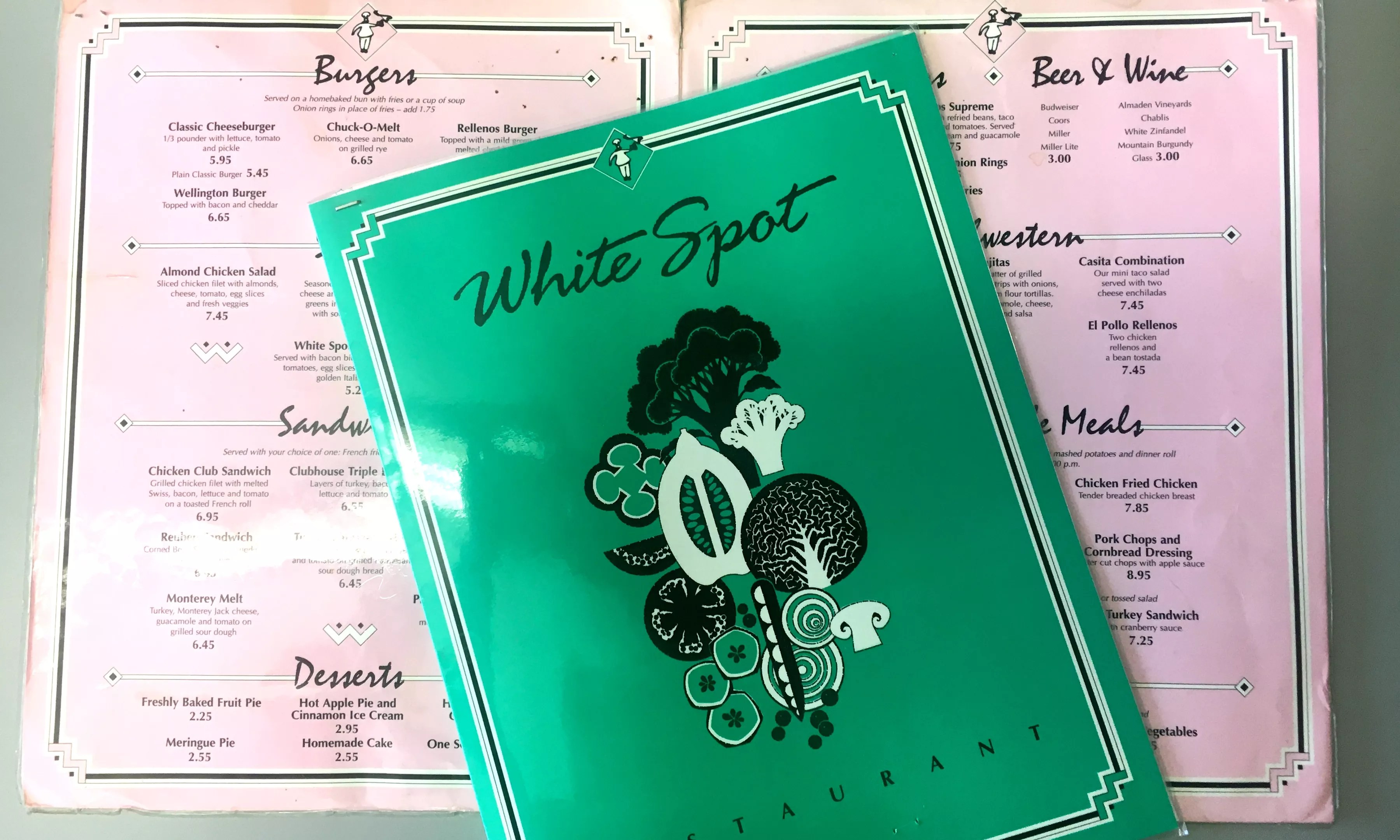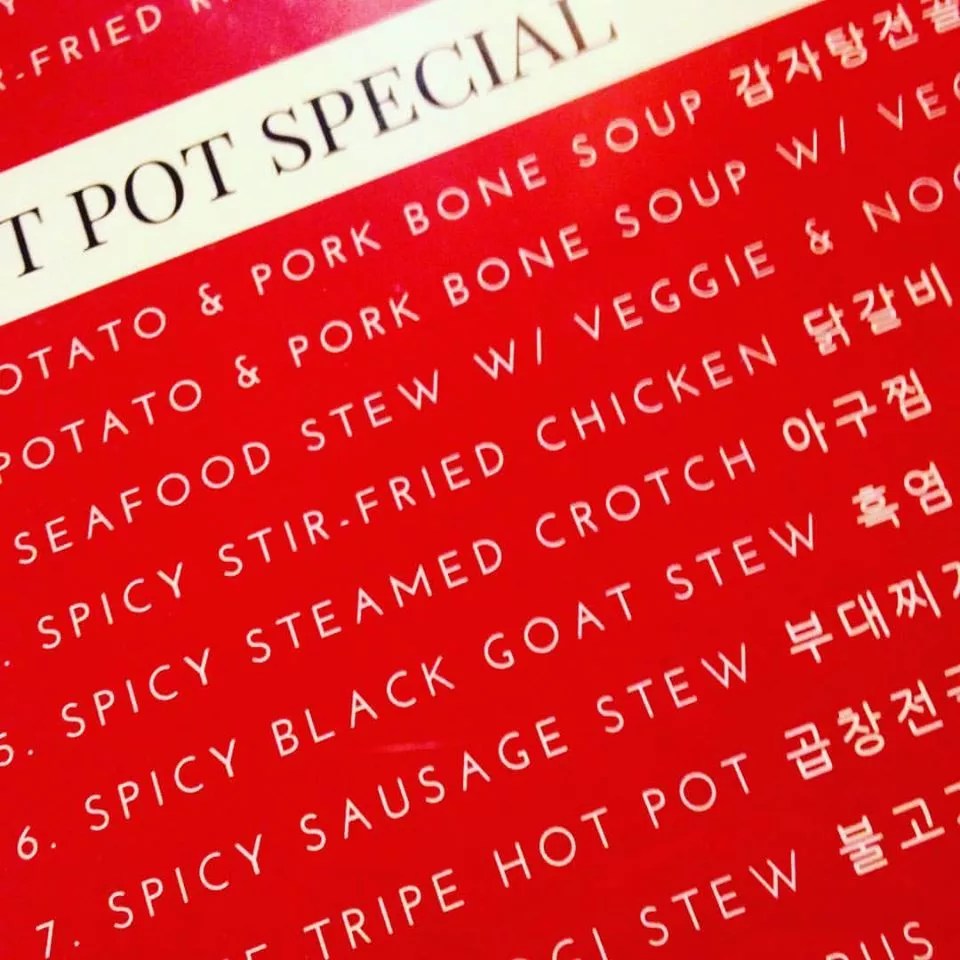
Mark Antonation

Audio By Carbonatix
When struggling through tortuously over- or under-explained menu offerings littered with typos and misaligned descriptive words, I can’t help but cringe with self-righteous indignation at the waning craft of menu writing. While there’s a lot of gray area here, many tools of that craft are, or at least should be, universal, because a menu is our greatest piece of advertising real estate. And all too often, we fuck it up. Do we realize just how important our menu presentation is to the success of our business?
I learned from great menu writers. Dave Query has an uncanny knack for saying just the right thing at just the right time with just a touch of disrespect for the norm, and this savvy was my True North for menu writing over the course of many years. On a snowy morning in the mid-’90s, Query presented me with a stack of menus written by venerable chef John Platte, and that’s when my foray into dish descriptions really began. Platte is a deft deliberator of word choice, and he always tells a succinct yet well-crafted tale of season, intention and vision via his dishes. The influence of these two chefs left an indelible mark on my approach to menu writing.
For me, perfection in menu writing is akin to a great movie trailer: It shows the best of the offering while leaving you wanting more. Instead, too many chefs blow this real opportunity with blunders ranging from over-narration to under-reporting.

Nothing steams Jamey Fader more than menu typos.
Mark Antonation
Many modern chefs seem to be writing menus for other chefs, who they hope will peruse their work and respond, “That sounds cool.” I’ve been cheffing for a very long time, and while I certainly don’t know everything, when I read a menu description and have to use my phone to Google the meaning of certain words, that menu is off the mark. Over-complicating a dish description is the first cardinal sin. Second to that is egregious esotericism that’s akin to a stark room with no furniture or art, painted white from floor to ceiling. While I don’t need a tome to bring it all home, a few words that let me know what the hell it is I’m about to eat would be awesome. The third deadly sin of menu writing is relying on clichés. Here are three of the worst:
Fresh: If you have to describe an ingredient as “fresh,” then you have to go back a grade. When you call an item “fresh,” you’re saying you’re serving un-fresh ingredients elsewhere, because why else would you have to denote the difference? If you are using “fresh” to define the difference between, say, fresh and dried herbs, know that you never need to list dried herbs in the first place; it’s like wasting time and space telling me there are onions and garlic in a dish. I already assume that, because those two items, along with salt and pepper, are in EVERYTHING.
Sautéed: No one ever read through a menu and stopped dead in their tracks because something was described as sautéed: “Holy shit, it’s sautéed. I HAVE to have that!” Never happened. Not once. Not ever. Pan-roasted, seared, charred, grilled, braised and a host of other descriptors are selling points, but sautéed is not.
Marinated: Please, for the love of all that is good and sacred to cooking, stop using this vomit-inducing, sophomoric term. It’s from the lexicon of mindlessness and lack of imagination. If the shrimp are garlic-marinated, then you simply refer to them as garlic shrimp. If the chicken breast is marinated in basil and olive oil, then call it basil chicken. Using the word “marinated” is giving up ten feet before the finish line.
Make beautiful food and give it a proper send-off by describing it with the same amount of care used in its preparation. Diners don’t need to read through an entire paragraph, nor should they have to play twenty questions with the server to determine what the hell the dish actually is. Descriptive words are enticing, but including farm names that rival NASCAR sponsorship is overkill, and so is using the most convoluted and colloquial names for everything else.
Tell it like it is in five ingredients or less, and let your trained waitstaff do the rest.
Marinate on that sautée of a fresh concept, and let me know what you think.